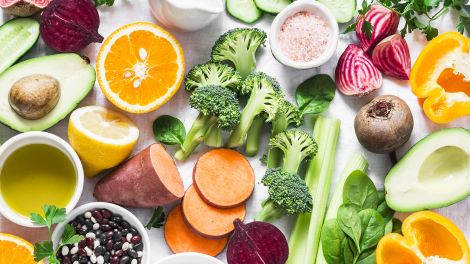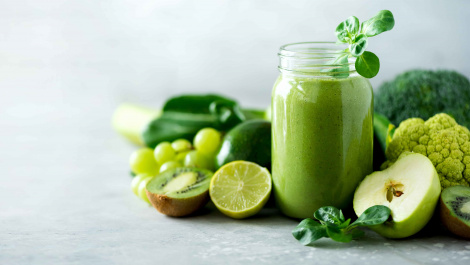Cholesterol is that scary word that we all expect to hear as we get older. It becomes a common topic of discussion at doctors’ appointments and the dinner table. Maybe you’ve unwillingly been forced into a low fat, low sodium diet. Maybe you’ve just been told that you need to watch your cholesterol levels, but you don’t really know why. So what is cholesterol, and does it really matter? There are no real symptoms of high cholesterol, but being unaware you have it could increase the risk of heart disease.
Cholesterol – The good, the bad and the ugly
In laymen’s terms, it’s a waxy, fat-like substance made in the liver that helps the body perform certain functions – hormone and vitamin D production, as well as bile acids that aid digestion. If there is too much present, a plaque forms in the walls of your arteries, leading to problems such as various heart diseases.
Cholesterol travels through the blood attached to a protein. This package is called a lipoprotein. These lipoproteins are classified as high-, low- or very-low density, depending on the fat to protein ratio. You will also need to be aware of your triglyceride levels. Let’s break these down…
Low density lipoproteins (LDL) – this if often called the bad cholesterol that causes a build-up of plaque in the walls of arteries. Very low density lipoprotein (VLDL) contains mostly fat and minimal amounts of protein. The risk for heart disease increases, the higher the LDL count is in your blood.
High density lipoprotein (HDL) – this is the good cholesterol that helps your body rid itself of bad cholesterol in the blood. The higher you HDL count, the lower the risk of heart disease.
Triglycerides – they are another type of fat that gets carried through the blood stream by LDLs. Excess alcohol, calories and sugar get converted into triglycerides and stored in fat cells throughout the body.
How much is too much?
The technicalities around measuring cholesterol can be confusing. Most doctors will test for your lipoprotein profile. This test measures your total cholesterol levels, your LDL and HDL, as well as triglyceride levels. Your doctor will tell you whether or not your cholesterol is too high based on these results.
|
Total Cholesterol |
Category |
|
< 200 |
Optimal |
|
200 – 239 |
Borderline High |
|
>240 |
High |
|
LDL Cholesterol |
Category |
|
<100 |
Optimal |
|
100 – 129 |
Above optimal |
|
130 – 159 |
Borderline High |
|
160 – 189 |
High |
|
>190 |
Very High |
|
HDL Cholesterol |
Category |
|
>60 |
Optimal, low risk of heart disease |
|
<40 |
Increased risk of heart disease |
|
Triglycerides |
Category |
|
<150 |
Optimal |
|
150 – 199 |
Borderline High |
|
200 – 499 |
High |
|
>500 |
Very High |
What affects cholesterol levels?
There are many factors that contribute to increasing or lowering cholesterol levels.
Things such as age, genetics and pre-existing diseases are often out of our control. As we get older, our cholesterol levels typically rise. Up until menopause, women typically experience lower cholesterol levels than men of the same age. During and after menopause, however, cholesterol levels generally rise.
High cholesterol is often hereditary. This is incredibly common, and families with high cholesterol will find that it is common among siblings or parents and children.
Fortunately, most of these factors can be controlled by managing your lifestyle choices. Diet, weight and a manageable exercise regimen can significantly affect total cholesterol levels. A diet of saturated fats and cholesterol-rich foods will only exacerbate or create high cholesterol in the body. Avoiding consuming these foods on the regular will help lower and normalise these levels. Combat through regular exercise is also a great way to raise your HDL cholesterol levels. 30 minutes of moderate exercise a day will help manage and regulate cholesterol levels in the body. It may seem like a lot, but the lowered risk of heart disease isn’t much of a compromise.
And now the good news
There are many medicinal routes when it comes to managing cholesterol. However, none of these options can stand alone. A healthy diet and consciousness of what you are putting into your body always accompanies whatever the doctor might prescribe. It is important to try to lower cholesterol levels naturally before putting your body onto artificial aids. That means picking up some healthy habits to balance out the not-so-healthy ones. Worrying about high cholesterol doesn’t mean you need to live on a diet of celery and lettuce. It simply means choosing when you indulge in your favourite comfort foods or that bottle of merlot. Here at TheOptimal.me, we like to follow the 80:20 principle – be disciplined and healthy 80% of the time, and for the rest, you can enjoy the odd indulgence without guilt!







Comments